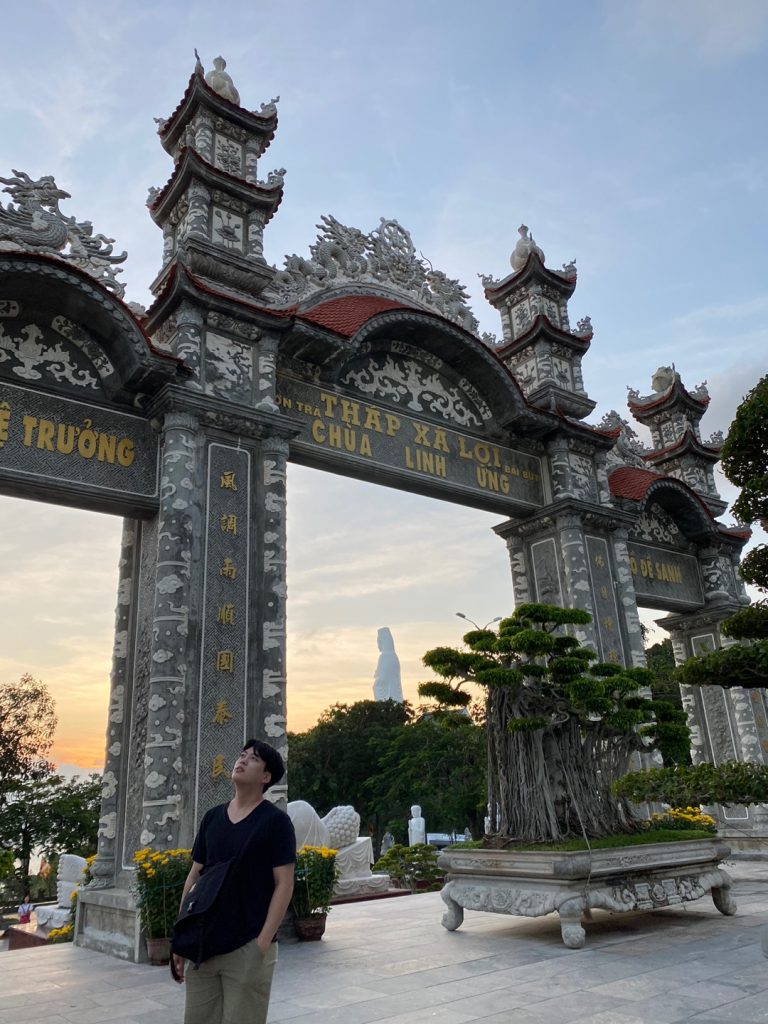Jeong Hun Kim: The Plant Cell First Author

 Jeong Hun Kim, first author of “FYVE2, a phosphatidylinositol 3-phosphate effector, interacts with the COPII machinery to control autophagosome formation in Arabidopsis”
Jeong Hun Kim, first author of “FYVE2, a phosphatidylinositol 3-phosphate effector, interacts with the COPII machinery to control autophagosome formation in Arabidopsis”
Current Position : Ph.D student (advisor : Taijoon Chung), Pusan National University, South Korea
Education: Bachelor’s degree in Biology, Pusan National University, South Korea
Non-scientific Interests : Watching the movie, basketball, jogging, beer, and wine
Brief bio:
In 2016, Dr. Yoshinori Ohsumi was awarded the Nobel prize in physiology or medicine for his discovery of yeast genes that are responsible for autophagy. Before the news, I didn’t know about autophagy and was not interested in plant research although I like molecular and cell biology. But after that, I got interested in autophagy and I wanted to uncover unknown regulators of autophagy in plants, because roles of plant autophagy in development, nutrient recycling, and diseases remained enigmatic, relative to those of yeast and mammalian autophagy. It is interesting to study how sessile plants manage autophagy to survive under various environmental conditions. So I joined Prof. Taijoon Chung’s group as a MS/PhD student in 2016.
My main research interest was how Autophagy-related (ATG) and non-ATG proteins control autophagosome biogenesis in plants. Among several candidates of autophagy regulators, I focused on FYVE2, which is a plant-specific protein interacting with phosphatidylinositol 3-phosphate. To elucidate FYVE2 functions, I crossed many Arabidopsis mutant plants and organelle marker lines, and performed many experiments. Our work shows that FYVE2 is involved in autophagosome biogenesis by interacting with COPII components and ATG proteins. By the time I complete my PhD study, I would like to define the biochemical functions of FYVE2.



